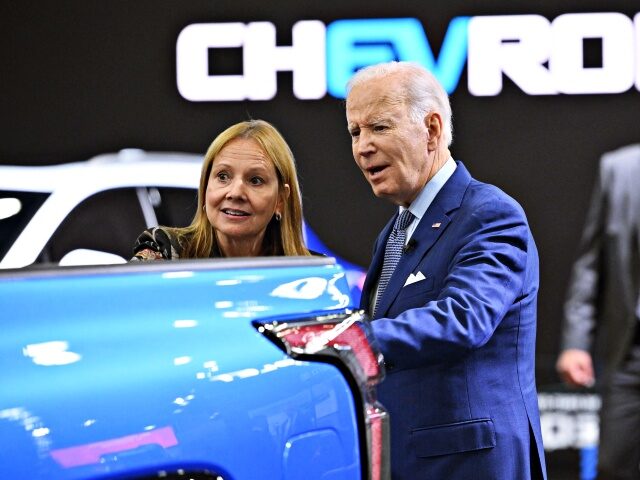You might investigate a data connected vehicle and figure out how to disable the data connection through they’re kind of hooking you with WiFi in the car for your passengers. You could remove the fuse, though per this report that disables the microphone on his Toyota. Though with Toyota you have to consent to use the service and you can opt out. So check the manual that came with your car and see if you can opt out of the service, but I’m not sure I’d trust some manufacturers. At least if you disable the cellular radio it doesn’t look like it turns on the check engine light. Also, this type of data is usually shared with identifying data removed, but the article indicates that it’s being linked to the individual and affecting insurance rates because trip data is included. So the OCGFC are sidestepping the ploy to get you to plug in an insurance company OBD2 device for tracking and giving you insurance discounts which was always a pretty dumb thing to consent to not to mention that their OBD2 device could damage your car computer if not properly engineered and manufactured, and I believe you had to have their phone application as well collecting even more information.

By Lucas Nolan
A recent report has revealed that several major automakers are covertly sharing detailed driving data from their customers’ vehicles with insurance companies and third-party data brokers.
A recent New York Times report has uncovered a concerning practice where car manufacturers, including GM, Honda, Kia, Hyundai, and others, are secretly gathering and sharing extensive information about their customers’ driving habits with insurance companies and data brokers like LexisNexis and Verisk.

Cars are seen at a Hyundai car dealership. Hyundai and Kia announced on October 11, 2019 that they have agreed to settle a class action lawsuit over engine fires by paying customers who purchased certain Hyundai and Kia models a total of $760 million.
This data, collected through optional features like GM’s OnStar Smart Driver or Honda’s Driver Feedback, includes details such as trip dates, distances, speeds, hard braking instances, and rapid accelerations. While these features are often marketed as tools to help drivers improve their skills, the fine print buried in privacy policies and terms of service reveals a darker truth – the data is being shared with third parties without explicit consent from the drivers.
The case of Kenn Dahl, a 65-year-old software company owner from Seattle, illustrates the gravity of the situation. Dahl, a careful driver who had never been involved in an accident, was shocked to find that his car insurance premiums had increased by 21 percent in 2022. Upon requesting his LexisNexis consumer report, he discovered a staggering 258-page document detailing over 640 trips he and his wife had taken in their Chevrolet Bolt, including specifics like dates, times, distances, and instances of hard braking or rapid acceleration.
Dahl’s experience is far from isolated. Online forums dedicated to various GM vehicles are rife with warnings and complaints from drivers who have experienced similar situations, with some reporting denied insurance coverage or significant premium hikes due to the shared driving data.
The automakers and data brokers involved claim to have obtained consent from drivers through opaque privacy policies and terms of service agreements. However, many drivers assert that they were unaware of being enrolled in such programs or the extent of data sharing taking place.
Frank Pasquale, a law professor at Cornell University, expressed surprise at these practices, stating, “Because it’s not within the reasonable expectation of the average consumer, it should certainly be an industry practice to prominently disclose that is happening.”
Policymakers have taken notice of this concerning trend, with California’s privacy regulator launching an investigation into automakers’ data collection practices, and Senator Edward Markey of Massachusetts urging the Federal Trade Commission (FTC) to examine potential violations of consumer protection laws.
The implications of this hidden data sharing extend beyond financial concerns. Privacy advocates warn that the collection and dissemination of such intimate driving details could have far-reaching consequences, from impacting insurance premiums to potentially influencing employment opportunities or even legal proceedings.
Read more at the New York Times here.